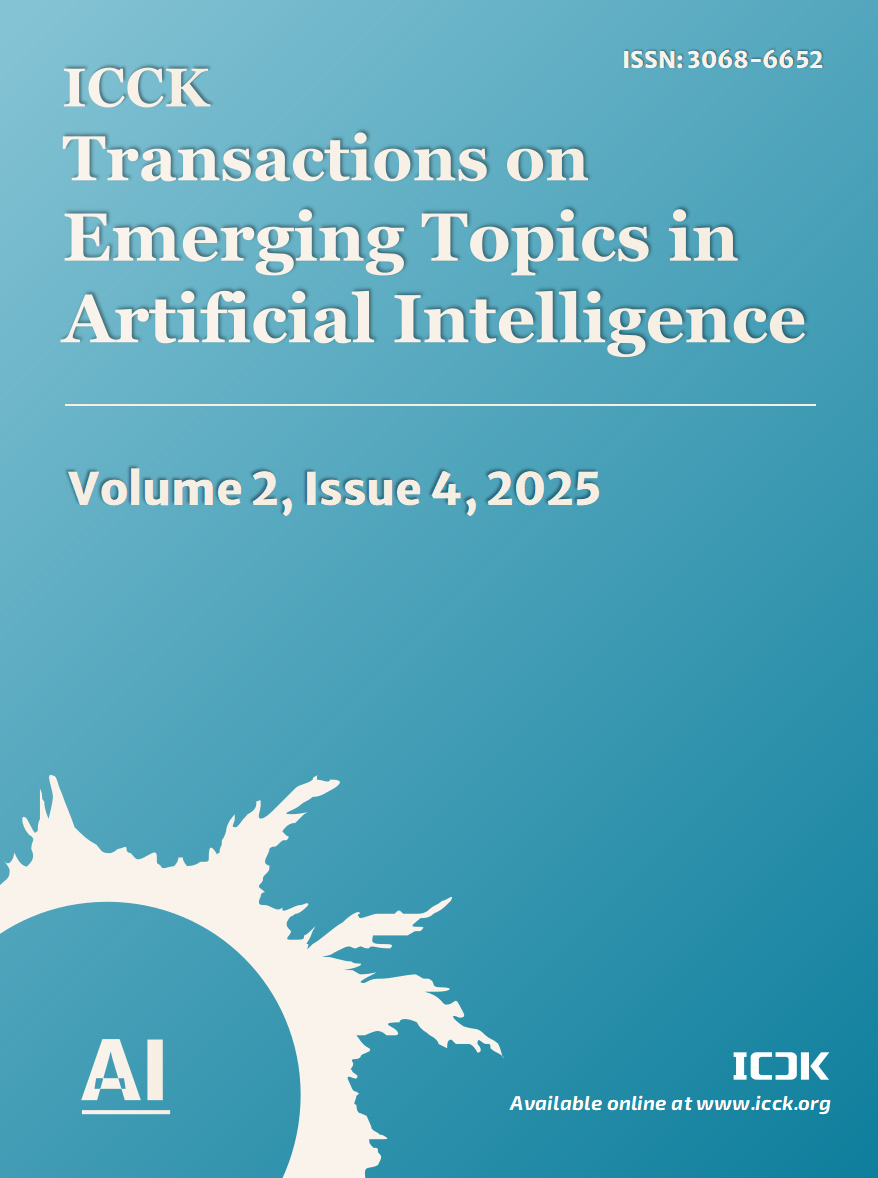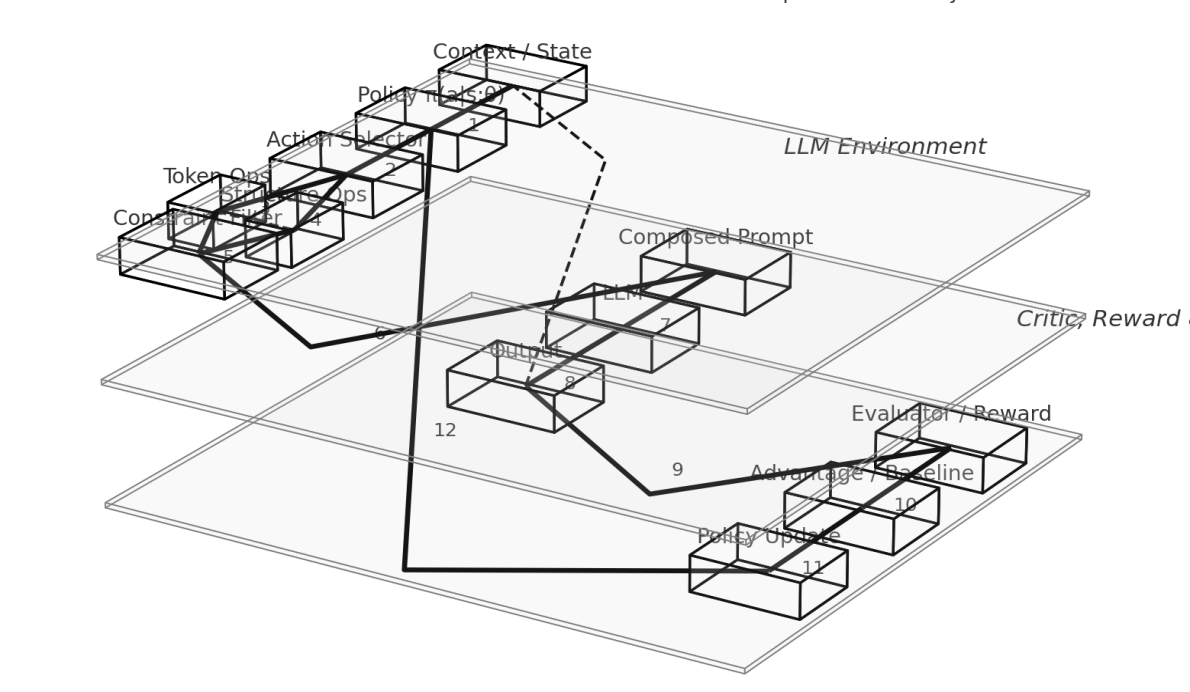Abstract
The growing prominence of prompt engineering as a means of controlling large language models has given rise to a diverse set of methods, ranging from handcrafted templates to embedding-level tuning. Yet, as prompts increasingly serve not merely as input scaffolds but as adaptive interfaces between users and models, the question of how to systematically optimize them remains unresolved. Reinforcement learning, with its capacity for sequential decision-making and reward-driven adaptation, has been proposed as a possible framework for discovering effective prompting strategies. This survey explores the emerging intersection of RL and prompt engineering, organizing existing research along three interdependent axes: the representation of prompts (symbolic, soft, and hybrid), the design of RL-based optimization mechanisms, and the challenges of evaluating and generalizing learned prompt policies. Rather than presenting a single unified framework, the discussion reflects the fragmented, often experimental nature of current approaches, many of which remain constrained by unstable reward signals, limited generalizability, and a lack of reproducible evaluation standards. By analyzing methodological innovations and points of friction alike, this work aims to foster a more critical and reflective understanding of what it means to "learn to prompt" in complex, real-world language modeling contexts.
Data Availability Statement
Not applicable.
Funding
This work was supported without any funding.
Conflicts of Interest
The author declares no conflicts of interest.
Ethical Approval and Consent to Participate
Not applicable.
Cite This Article
APA Style
Liu, Z. (2025). Reinforcement Learning for Prompt Optimization in Language Models: A Comprehensive Survey of Methods, Representations, and Evaluation Challenges. ICCK Transactions on Emerging Topics in Artificial Intelligence, 2(4), 173–181. https://doi.org/10.62762/TETAI.2025.790504
Publisher's Note
ICCK stays neutral with regard to jurisdictional claims in published maps and institutional affiliations.
Rights and Permissions

Copyright © 2025 by the Author(s). Published by Institute of Central Computation and Knowledge. This article is an open access article distributed under the terms and conditions of the Creative Commons Attribution (CC BY) license (
https://creativecommons.org/licenses/by/4.0/), which permits use, sharing, adaptation, distribution and reproduction in any medium or format, as long as you give appropriate credit to the original author(s) and the source, provide a link to the Creative Commons licence, and indicate if changes were made.


 Submit Manuscript
Edit a Special Issue
Submit Manuscript
Edit a Special Issue

 Copyright © 2025 by the Author(s). Published by Institute of Central Computation and Knowledge. This article is an open access article distributed under the terms and conditions of the Creative Commons Attribution (CC BY) license (https://creativecommons.org/licenses/by/4.0/), which permits use, sharing, adaptation, distribution and reproduction in any medium or format, as long as you give appropriate credit to the original author(s) and the source, provide a link to the Creative Commons licence, and indicate if changes were made.
Copyright © 2025 by the Author(s). Published by Institute of Central Computation and Knowledge. This article is an open access article distributed under the terms and conditions of the Creative Commons Attribution (CC BY) license (https://creativecommons.org/licenses/by/4.0/), which permits use, sharing, adaptation, distribution and reproduction in any medium or format, as long as you give appropriate credit to the original author(s) and the source, provide a link to the Creative Commons licence, and indicate if changes were made. 